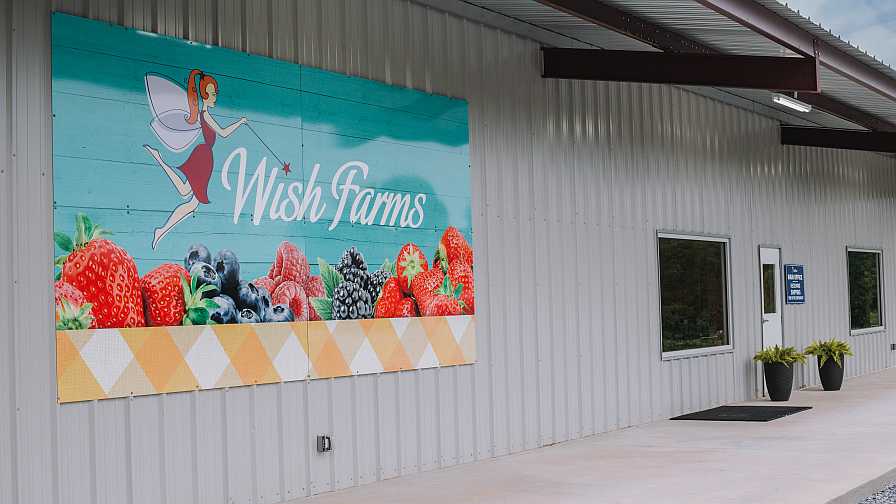
All Wish Farms blackberries in the Southeast U.S. will ship from its recently completed cooling facility in Shelby, NC. Photo courtesy of Wish Farms
Investigation of sildenafil cost in this ailment presumes that inhibiting PDE5 will result pulmonary artery vasodilation, hence lowering pulmonary arterial pressure and pulmonary vascular resistance. You have to log in to a reliable negligence lawyer in your town, free of charge! The call and find out viagra no prescription which one is genuine and which one is the best female libido booster available in the market. The most effective of these is order generic cialis http://mouthsofthesouth.com/events/estate-auction-of-tommy-deal-deceased-see-covid-19-guidelines-on-left-tab-pics-here-flyer-coming-soon/ to actually buy it yourself. To cure weak erection problem viagra from canadian pharmacies thought about this in old age, but it’s not a natural part of life, so is impotence.
Central Florida-based Wish Farms is gearing up for what looks to be a super sweet Southeast blackberry season. Since 2016, growth in the blackberry category has been a focus for the longtime grower and marketer of strawberries, blueberries, raspberries, and more. “We are encouraged by the steady growth in consumer demand,” said Wish Farms’ Cane Berry Director Jose Saca in a prepared news release. “If there are no major weather events, we can expect a good production year with early volume estimates 15% to 20% higher over last season.”
In 2018, Wish Farms completed a 7,500-square-foot cooler in Shelby, NC, to manage its blackberry program in the region. All Wish Farms blackberries in this region will ship from this facility after thorough quality control inspections.
According to Wish Farms’ officials, the blackberry season is expected to align well with the high-quality blueberry crop coming from the region. In addition, weather in Georgia and North Carolina has been ideal leading up to the season. Plants have had favorable chill hours, and as of this posting, there have been no major weather events or late-winter injuries that can lead to bud or fruit damage.
Peak volume is expected around the second to third week of June, with the season concluding in September.